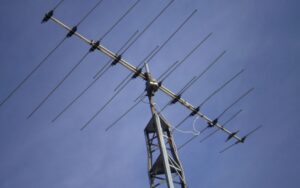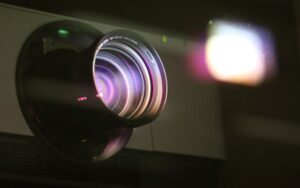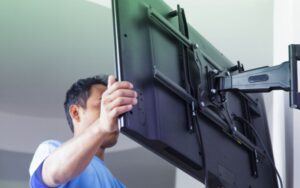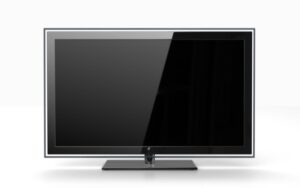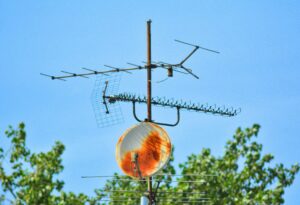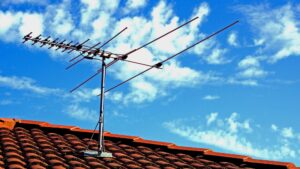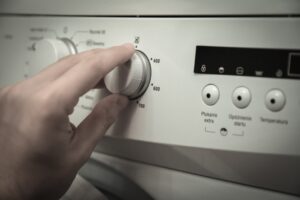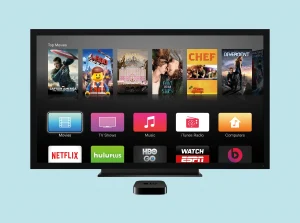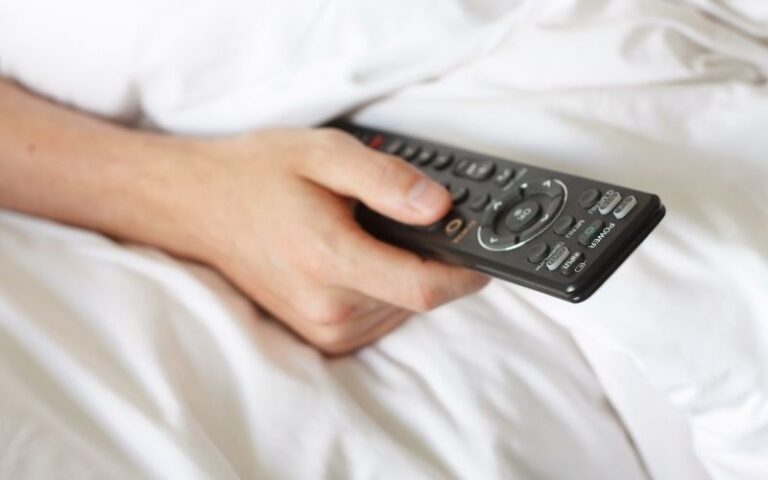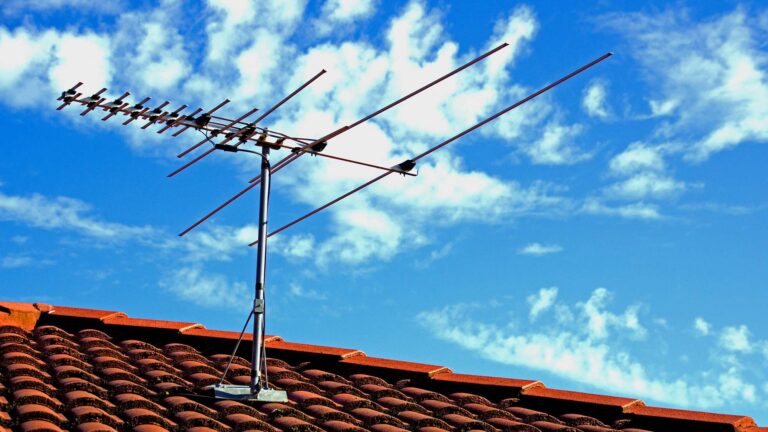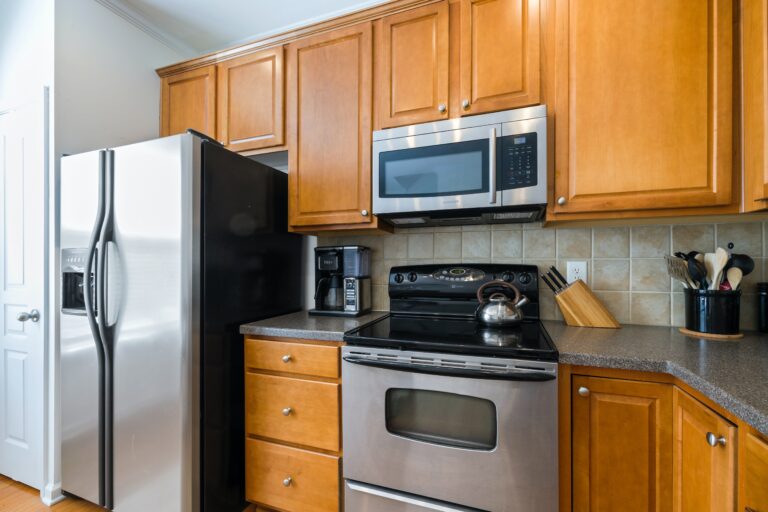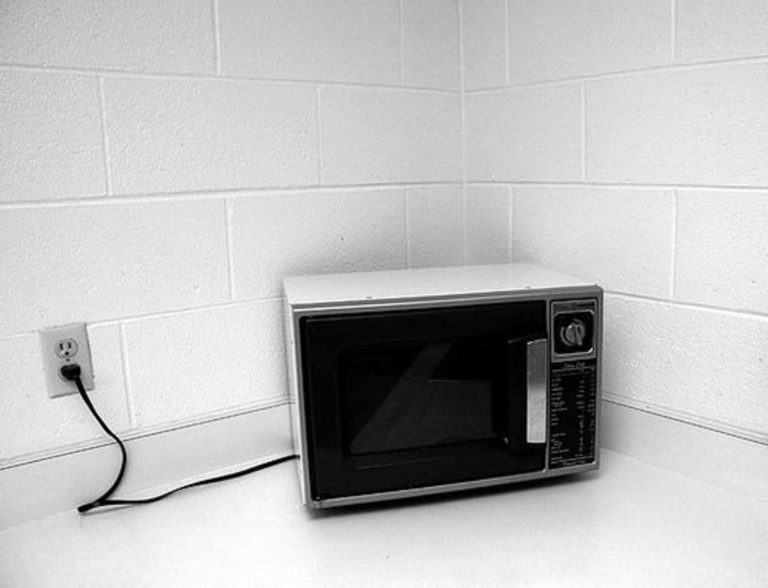Why Does TV Antenna Work Better At Night? (Read This First)
Most people who only have the time to watch TV at night might be better than those sitting on the couch scanning for more channels during the day.
And the reason is that TV antennas work better at night than in day time, giving you more channels to enjoy and binge-watch different shows.
But a common question everyone has is why. Why does it work better at night? Does it depend on the Tv antenna?
Tv Antennas work best at night due to the Earth’s ionosphere and solar wind, not because of the Antenna type. That is because the digital signals from your antenna move best during daytime due to the sun’s reflection, which also causes increased signal dispersion. However, this dispersion reduces at night, and fewer signals scatter, making TV antenna better at night.
This is the perfect article for you if you’re keen to know why your antenna works better at night. You’ll also discover why you lose signal and how to fix it.
Why Does My Tv Antenna Receive Signal Better at Night?
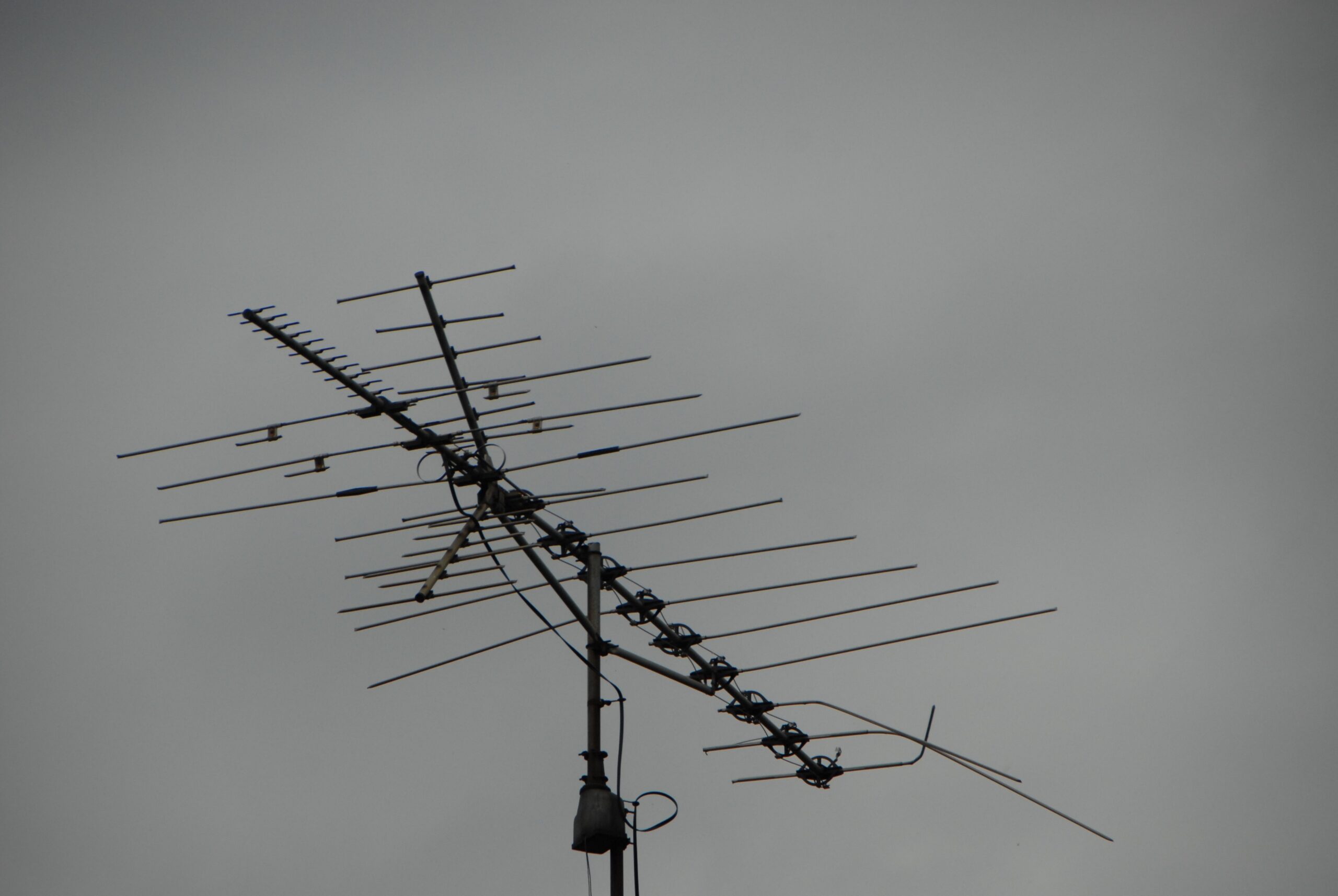
TV antennas work better at night due to less signal scattering all over. Let me break it down.
For instance, imagine a mirror is directly set under the sun. What happens? It bounces off rays of light, scattering them in different directions.
Similarly, the ionosphere acts like the sun in the example above that hits these digital signals making them scatter in different directions.
And this happens only during the day because that is the only time the sun is up.
Hence, the sun’s energy leads signals away, spreading them far and wide. But at night, the sun goes down, leaving minimal light to cause signals to scatter all over.
And that means that the rate of signal dispersion reduces, making it easy for your TV antenna to pick up more signals and broadcast more channels.
Further, another way signal breed is by bouncing off through ionization from the sun’s energy.
And this layer they bounce off of varies in height as a result of the Earth’s evolving direction due to the solar wind.
But this wind reduces in the daytime and increases at night, leading to longer transmitting TV signals.
Finally, signals also seem weak during the day due to the Earth’s movement around other galactic forces to the solar wind.
Being far from these other planets or stars makes gravity’s pull on us weaker, meaning less force acting on us here on Earth.
It also implies that as Earth rotates, it moves through space, making us sometimes closer to stars and some planets more than others.
When we’re close to them, it makes it difficult for these waves to reach the antennas, but when we’re far from them, it’s easier.
So in the daytime, when we’re close to these planets, waves can’t reach the antenna, making your TV antenna lose signal.
Why Does My Tv Antenna Lose Signal Reception at the Same Time Each Day?
There are several possible reasons why your TV antenna loses signal but the primary reason why it simultaneously happens each day is due to electrical interference.
These interferences result from electromagnetic waves causing common TV problems like pixelation, break-up in transmission, and blank screens.
Other times, it could also be due to antenna, cable, or poor connections. Two primary causes of this electrical interference are transmitters and electrical equipment in your home.
Further, flaws in the design, such as lack of proper filter or unsuitable shielding, cause this TV antenna signal loss.
And other times, equipment like LED bulbs, dryers, or even air conditioners exude low radio interference that clashes with TV signals.
The table below shows other likely reasons for such signal loss that you should look into and possible solutions.
| Common Reasons for TV Antenna Signal Loss | Possible Solutions |
|---|---|
| A faulty antenna | Check if it’s broken, has a loose connection, or is wrongly positioned. |
| Signal loss in coaxial cables | Try using a shorter coaxial cable or buy a distribution amplifier if you use a splitter. |
| LED bulbs | Try changing to incandescent bulbs, as some low-voltage bulbs can interfere with reception. |
| Faulty video cards | Replace your old TV video card |
Does Tv Antenna Work Better When You Hold It?
Holding the TV antenna makes it work better, and there’s a reason. The antenna’s bandwidth is limited for several reasons.
But when you only come in contact with the antenna, your body, as a conductor, increases aerial size.
Additionally, the reception becomes stronger if you hold your antenna in a precise position facing any direction.
Also, when you touch the dipole area of your antenna responsible for TV reception, you maximize its length resulting in a doubled bandwidth.
And as a result, you boost the signal strength. But you don’t have to go through that stress.
Instead, here are some effective methods to boost your antenna’s signal without holding it.
- Before setting up an antenna, discover where the broadcast towers are and direct your antenna in that direction.
- Position your antenna near a window as it gives you a better line of sight in most cases, but it shouldn’t be directly under the sun due to heat problems.
- Place your antenna in high places as it gives you a better chance of reception.
- Don’t position your TV antenna close to any metals as it interferes with digital signals causing signal loss.
- Finally, test different locations for your antenna and choose the one that offers the best results before setting it up there.
How Can I Make Antenna Signal Reception Better?
There are several ways to improve your antenna signal and reception, and below are a few effective methods.
- Remove obstacles blocking the antenna’s path and if those obstacles aren’t removable, like hills and trees, place your antenna at a high place to give it a clear shot.
- Examine your antenna connections and replace them if you notice any damaged wire or exposed cables.
- Avoid using cable splitters. But if you must use these splitters, buy a distribution amplifier.
- If you’re willing to bear the cost, buy & install a rotator to help you receive signals from multiple directions.
- It would be best to use a signal amplifier as it boosts signal strength. Check for one compatible with your antenna and decide between a rotor and preamplifier.
FAQs
What Causes Poor Signal Strength?
It could result from interference, wrong antenna positioning, bad weather, or obstacles blocking the antenna’s path. Knowing the primary cause of your antenna’s weak signal will help you fix it.
What Causes TV Signal Strength to Fluctuate?
A primary reason is multipath problems where signal reflects on things in its path, like high buildings. It affects your antenna and confuses the television tuner.
What is the Best Location for a TV Antenna?
Higher ground and areas with no obstacles and metals are suitable locations for placing antennas. Such locations give it a clear path to TV transmitters for stronger reception.
Can You Amplify a TV Signal Too much?
Excessive gain from signal amplifiers can cause problems by overloading your television receiver and causing interference with reception.
You May Also Like To Read
- Does TV Antenna Size Matter? (All You Need To Know)
- Do You Need A Special Projector For A 4K & Curved Screen?
- Does Vesa 200 X 300 Exist? (Let’s Find Out)
- Can You Transport An OLED TV Flat? (Read Before Doing It)
- 6 Causes That Your Hisense TV Has Dead Pixels!
- 6 Reasons For Black Shadow on Hisense Tv! (4 Solutions)

